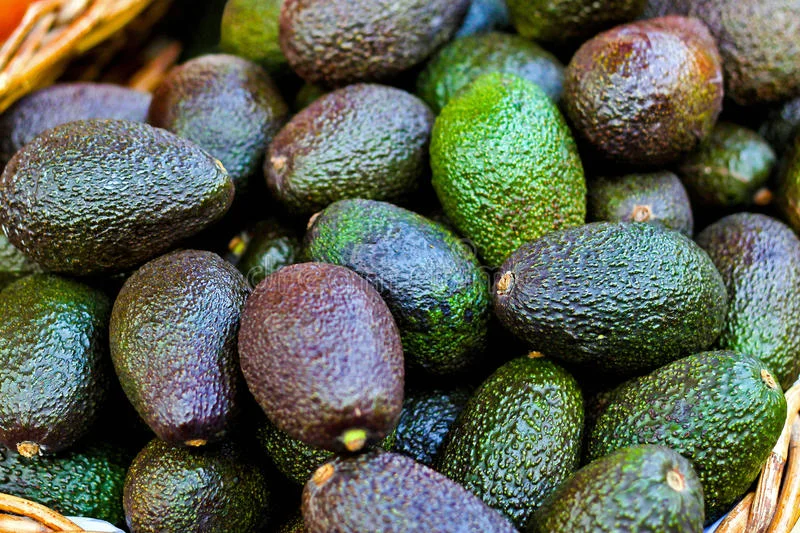Nairobi to Host Africa’s Largest Avocado Congress in May
From May 27 to 30, 2025, Nairobi will host the 5th International Africa Avocado Congress, known as Avocado Africa 2025, at the Sarit Expo Centre.
Organized by the Avocado Society of Kenya in collaboration with regional and international partners, the event is expected to attract over 5,000 participants from across the globe.
Under the theme “Avocado Africa: A Convergence of Technology and Business for Increased Competitiveness and Trade,” the congress aims to foster knowledge exchange, technological advancement, and market development within the avocado industry.
The event will feature thematic areas including quality and safety, phytosanitary measures, supply chain and marketing, genetic resources, and health and nutrition.
Attendees will have the opportunity to participate in workshops, scientific presentations, and exhibitions. Additionally, Avo Tours will offer immersive experiences, allowing participants to visit small and large-scale avocado farms, nurseries, packhouses, and processing plants, providing insights into Kenya’s avocado value chain.
Kenya has emerged as Africa’s leading avocado exporter, surpassing South Africa in 2017. According to the U.S. Department of Agriculture, Kenya is projected to export 135,000 tons of avocados in 2025, a 6.3% increase from the previous year.
Export revenues are expected to reach $175 million, driven by favorable weather, expansion into new growing areas, and rising global demand, particularly from Europe and the Middle East.
The country’s total avocado harvest is projected to grow by 4% year-on-year to 585,000 tons, with new plantations in non-traditional areas contributing to this increase.
Despite the positive outlook, Kenya’s avocado industry faces challenges, including logistical disruptions due to geopolitical tensions affecting shipping routes. Exporters have had to reroute shipments via the Cape of Good Hope, adding two weeks to transit times and impacting the fruit’s shelf life.
To address these issues, stakeholders are investing in infrastructure such as cold storage facilities and packhouses closer to farms. Diversifying production regions within Kenya is also a key strategy to ensure year-round availability and mitigate risks associated with specific harvest seasons.
Avocado Africa 2025 presents a significant opportunity for stakeholders to collaborate, share knowledge, and develop strategies to enhance the competitiveness and sustainability of Africa’s avocado industry.
With Kenya at the forefront, the congress is poised to shape the future of avocado production and trade on the continent.



